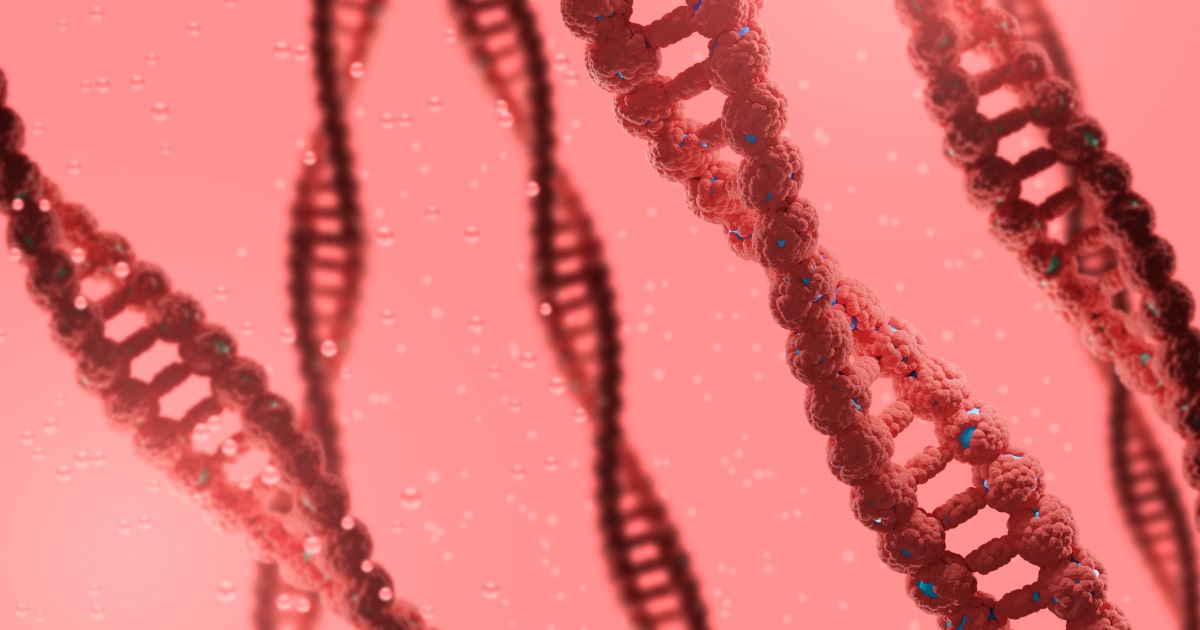
Expert Reviewed By: Dr. Brandon Colby MD
Butyrylcholinesterase deficiency is a rare genetic disorder that affects the body's ability to break down certain chemicals. This condition can lead to a variety of health issues, including prolonged effects of certain medications and increased sensitivity to certain toxins. The fluoride-resistant Japanese type of this disorder is particularly challenging to diagnose and manage. In this article, we will explore the latest research on understanding, diagnosing, and utilizing genetic testing for butyrylcholinesterase deficiency, focusing on the fluoride-resistant Japanese type.
Understanding Butyrylcholinesterase Deficiency
Butyrylcholinesterase (BCHE) is an enzyme that helps to break down certain chemicals in the body, including medications and toxins. When an individual has a deficiency in this enzyme, it can lead to a variety of health issues. These may include prolonged effects of certain medications, such as muscle relaxants used during surgery, and increased sensitivity to certain toxins, like pesticides.
The fluoride-resistant Japanese type of butyrylcholinesterase deficiency is a rare genetic disorder caused by mutations in the BCHE gene. This type of deficiency is characterized by low serum BCHE activity and resistance to the effects of fluoride, which is commonly used to measure enzyme activity in laboratory tests. As a result, this particular form of the disorder can be challenging to diagnose and manage.
Diagnosing Butyrylcholinesterase Deficiency
Diagnosing butyrylcholinesterase deficiency can be challenging, particularly for the fluoride-resistant Japanese type. Traditional laboratory tests that measure enzyme activity using fluoride may not accurately detect this form of the disorder due to its resistance to the effects of fluoride. According to a study on the detection of an insertion-type mutation in the BCHE gene, this can lead to difficulties in identifying the underlying genetic cause of the deficiency.
Utilizing Genetic Testing for Diagnosis
Genetic testing can be a valuable tool in diagnosing butyrylcholinesterase deficiency, including the fluoride-resistant Japanese type. By analyzing the BCHE gene for mutations, healthcare providers can more accurately identify the cause of the deficiency and develop appropriate treatment plans. A study on a Japanese male with low serum BCHE activity and a homozygous missense mutation found that the BCHE L330I mutation is a fluoride-resistant gene. This discovery highlights the importance of genetic testing in diagnosing this rare form of the disorder.
Using Genetic Testing to Inform Treatment and Management
Once a diagnosis of butyrylcholinesterase deficiency has been made, genetic testing can provide valuable information to inform treatment and management strategies. By identifying the specific mutation causing the deficiency, healthcare providers can better understand how the disorder may affect an individual and tailor their care accordingly.
Personalized Treatment Plans
For individuals with butyrylcholinesterase deficiency, personalized treatment plans may be necessary to manage their unique health needs. This may include modifying medication dosages to account for the body's reduced ability to break down certain chemicals or implementing strategies to minimize exposure to environmental toxins. Genetic testing can provide critical information to help healthcare providers develop these personalized plans.
Family Planning and Prenatal Testing
Genetic testing can also be helpful for individuals with butyrylcholinesterase deficiency who are considering starting a family. By identifying the specific mutation causing the disorder, couples can better understand their risk of passing the condition on to their children and make informed decisions about family planning. Additionally, prenatal testing can be performed to determine if an unborn child is affected by the disorder, allowing for early intervention and management strategies.
Conclusion
Butyrylcholinesterase deficiency, particularly the fluoride-resistant Japanese type, is a rare and challenging disorder to diagnose and manage. Genetic testing can play a crucial role in understanding, diagnosing, and informing treatment strategies for this condition. By utilizing genetic testing, healthcare providers can develop personalized treatment plans, support family planning decisions, and improve the overall quality of life for individuals affected by this disorder.
About The Expert Reviewer
Dr. Brandon Colby MD is a US physician specializing in the personalized prevention of disease through the use of genomic technologies. He’s an expert in genetic testing, genetic analysis, and precision medicine. Dr. Colby is also the Founder of and the author of Outsmart Your Genes.
Dr. Colby holds an MD from the Mount Sinai School of Medicine, an MBA from Stanford University’s Graduate School of Business, and a degree in Genetics with Honors from the University of Michigan. He is an Affiliate Specialist of the American College of Medical Genetics and Genomics (ACMG), an Associate of the American College of Preventive Medicine (ACPM), and a member of the National Society of Genetic Counselors (NSGC)